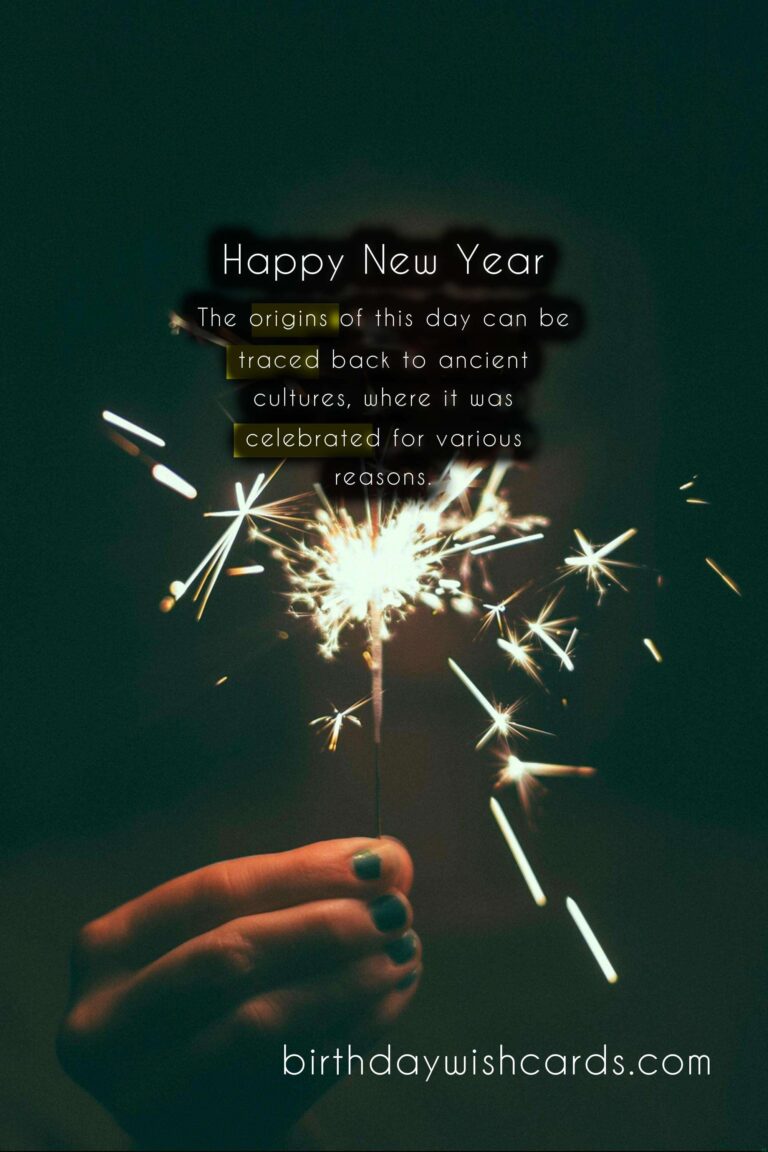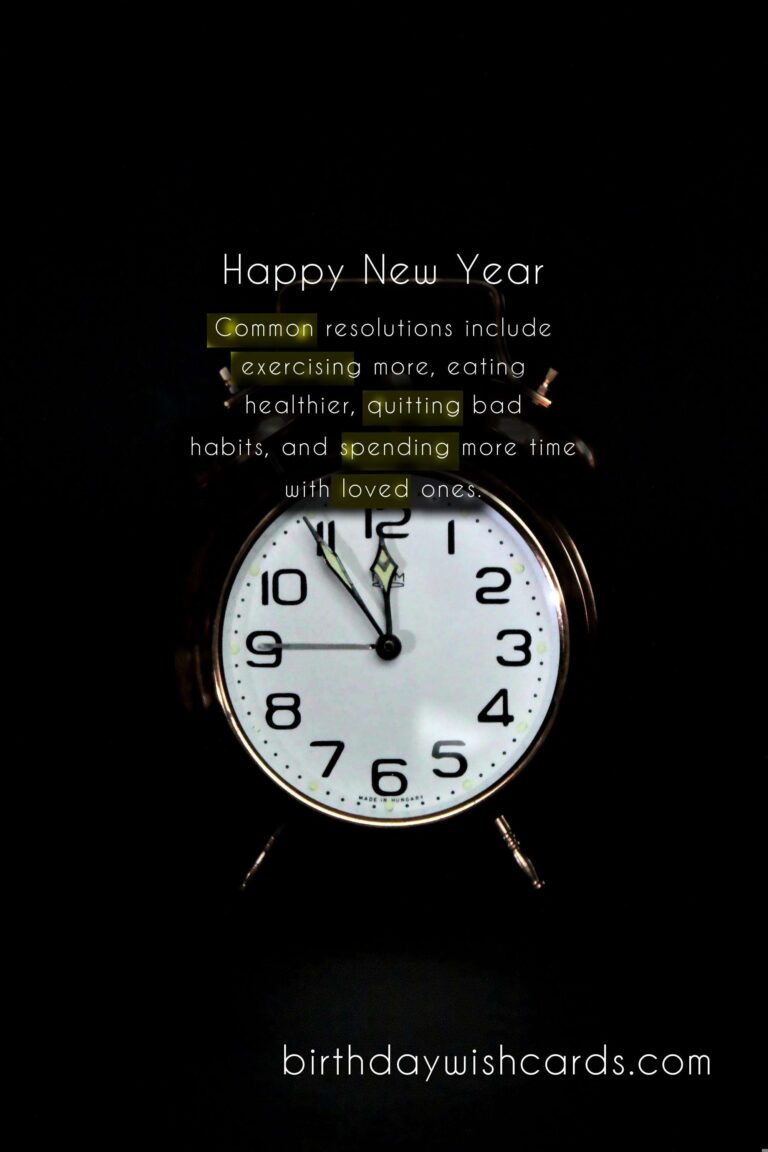
The History of New Year’s Day
The earliest recorded celebrations of New Year’s Day can be found in ancient Mesopotamia, around 2000 BC. The first day of their calendar was dedicated to the god Marduk, and it marked the beginning of their agricultural year.Later on, the ancient Egyptians also celebrated the beginning of their new year on January 1st. For them, it was a time to pay tribute to the god Osiris and make offerings to ensure a fertile year ahead.As the Roman empire grew, they adopted January 1st as the start of their new year to honor Janus, the god of beginnings and endings.
Modern Celebrations
Today, New Year’s Day is celebrated worldwide, with various traditions and customs specific to each country. It is a day for parties, fireworks, and family gatherings.In many cultures, it is believed that the way you spend your New Year’s Day sets the tone for the rest of the year. Therefore, it is common to celebrate with loved ones and partake in activities that promote joy and unity.
New Year’s Resolutions
Another popular tradition associated with New Year’s Day is making resolutions. These are promises that people make to themselves to improve their lives in the coming year.Common resolutions include exercising more, eating healthier, quitting bad habits, and spending more time with loved ones. While these resolutions are made with the best intentions, they often fall by the wayside as the year progresses.
Hashtags and Categories
Image Heading
Happy New Year New Year’s Day is a global holiday that is celebrated with great enthusiasm and joy. The origins of this day can be traced back to ancient cultures, where it was celebrated for various reasons. Today, New Year’s Day is celebrated worldwide, with various traditions and customs specific to each country. In many cultures, it is believed that the way you spend your New Year’s Day sets the tone for the rest of the year. Common resolutions include exercising more, eating healthier, quitting bad habits, and spending more time with loved ones.

